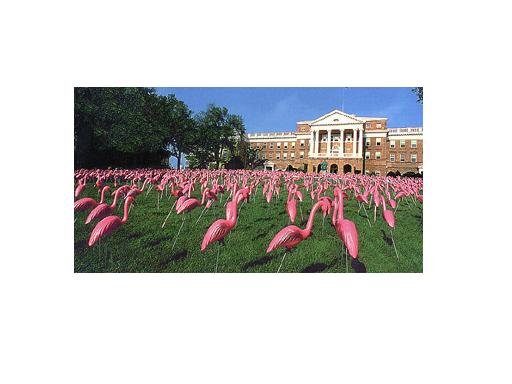tangomonster
Full time employment: Posting here.
- Joined
- Mar 20, 2006
- Messages
- 757
I started at Bloomfield College in NJ (a small private school with a liberal curriculum and many interdisciplinary majors). I was commuting and not getting much of the "college experience" so after one semester I transferred to University of South Florida. Lived in the dorms but it still wasn't the college experience I hoped for (I had these romantic ideals of students sitting around talking about philosophy), so I came back to Bloomfield and did sophomore year there. Then transferred to Kean College (NJ state college, lived in the dorm one year, commuted senior year). Was able to finish on time even though I changed my major from nursing to psychology.
Realizing that job opportunities wouldn't be great with just a BS in psychology, I got a MS in Occupational Therapy from Medical College of Virginia/Virginia Commonwealth University, intending to work in psychiatric OT upon graduation in 1978. Just my luck---the field of psychiatric OT dried up thereabouts due to new psychotropic meds and deinstitutionalization of psych patients!
While I didn't get the college experience I hoped for and met many smarter people who had never gone to college than those in college, at least I didn't graduate with any debt!
Realizing that job opportunities wouldn't be great with just a BS in psychology, I got a MS in Occupational Therapy from Medical College of Virginia/Virginia Commonwealth University, intending to work in psychiatric OT upon graduation in 1978. Just my luck---the field of psychiatric OT dried up thereabouts due to new psychotropic meds and deinstitutionalization of psych patients!
While I didn't get the college experience I hoped for and met many smarter people who had never gone to college than those in college, at least I didn't graduate with any debt!

